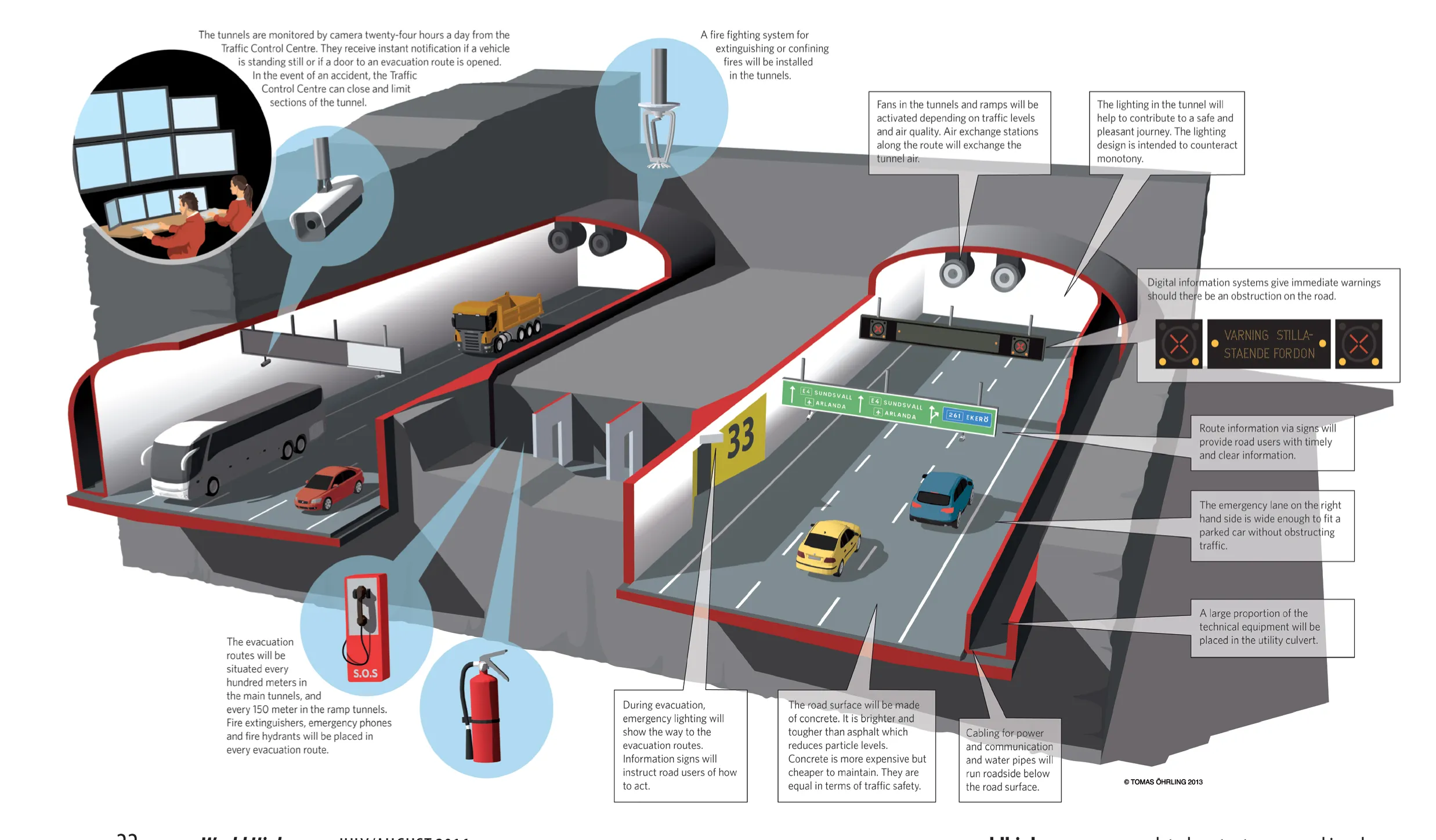According to a new report from ABI Research, as the global population hurtles past the seven billion barrier, more and more people are living in cities than ever before. This is especially true of developing countries which account for 20 of the world’s 27 megacities. With above average levels of population and economic growth in these regions, traffic congestion has quickly ensued, which is detrimental to GDP, the environment, as well as health and safety. The new ABI Research report predicts that companie
July 20, 2012
Read time: 3 mins
RSSAccording to a new report from 6257 ABI Research, as the global population hurtles past the seven billion barrier, more and more people are living in cities than ever before. This is especially true of developing countries which account for 20 of the world’s 27 megacities. With above average levels of population and economic growth in these regions, traffic congestion has quickly ensued, which is detrimental to GDP, the environment, as well as health and safety. The new ABI Research report predicts that companies embracing multiple aspects of the modern smart city will be best placed to win contracts for advanced systems that better control, monitor, and manage traffic flows in emerging megacities.
Although congestion is also a problem in developed countries, it is a situation that has taken decades to build up, giving officials more time to address the problem. By comparison, developing cities are growing extremely quickly causing congestion to build up much more rapidly. Cities with serious aspirations of growth are being hamstrung by the relocation of major businesses to less congested areas. This, coupled with deterioration in air quality and associated health problems as well as more, often fatal, road collisions has caused authorities to look, increasingly, at investing in traffic management systems (TMS).
According to report author, Craig Foster, “one of the barriers to implementing these solutions is securing funding and for this reason, electronic toll collection (ETC) is likely to form the first stage of many TMS in order to bring in revenues that can be spent on more advanced systems at a later date.” Companies with ETC in their portfolios will therefore likely be the earliest beneficiaries. However, control and monitoring of traffic is increasingly seen as part of a wider “system of systems”. Foster continued: “disparate systems that control energy consumption, transport, health, waste management etc., will soon become connected and this means big business for those that are taking a more holistic approach to the smart city such as3344 Telvent (3529 Schneider Electric), 1134 Siemens, 5366 IBM, and 6258 Cisco.”
“Traffic Management Solutions for Mega Cities” focuses on the issue of how best to address transportation challenges in megacities throughout developing regions. Various stakeholders are profiled with the analysis centred on how each is positioned to successfully meet the needs of emerging markets.
Although congestion is also a problem in developed countries, it is a situation that has taken decades to build up, giving officials more time to address the problem. By comparison, developing cities are growing extremely quickly causing congestion to build up much more rapidly. Cities with serious aspirations of growth are being hamstrung by the relocation of major businesses to less congested areas. This, coupled with deterioration in air quality and associated health problems as well as more, often fatal, road collisions has caused authorities to look, increasingly, at investing in traffic management systems (TMS).
According to report author, Craig Foster, “one of the barriers to implementing these solutions is securing funding and for this reason, electronic toll collection (ETC) is likely to form the first stage of many TMS in order to bring in revenues that can be spent on more advanced systems at a later date.” Companies with ETC in their portfolios will therefore likely be the earliest beneficiaries. However, control and monitoring of traffic is increasingly seen as part of a wider “system of systems”. Foster continued: “disparate systems that control energy consumption, transport, health, waste management etc., will soon become connected and this means big business for those that are taking a more holistic approach to the smart city such as
“Traffic Management Solutions for Mega Cities” focuses on the issue of how best to address transportation challenges in megacities throughout developing regions. Various stakeholders are profiled with the analysis centred on how each is positioned to successfully meet the needs of emerging markets.






